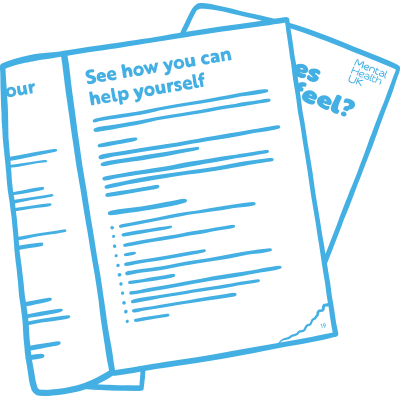Research has found that higher body dissatisfaction is linked to a poorer quality of life and psychological distress, and that those with a negative body image are more likely to experience anxiety, depression or eating disorders.
People with body image concerns may find they avoid situations that make them feel particularly uncomfortable in their body including physical activity, social events and being intimate with a partner. This can impact quality and standard of life.
When someone is experiencing a negative body image they are more likely to compare themselves to peers, friends and family and they may be more inclined to spend time trying to amend or enhance their body or appearance, linking increased financial spend to negative body image.
As a negative body image often arises at a young age, it is thought that younger children and young adults require more education on body image, especially in educational establishments. Public health approaches should also be more varied and not stigmatising, for example, a healthy body should be portrayed in various forms to reflect reality and not a specific shape or size.













